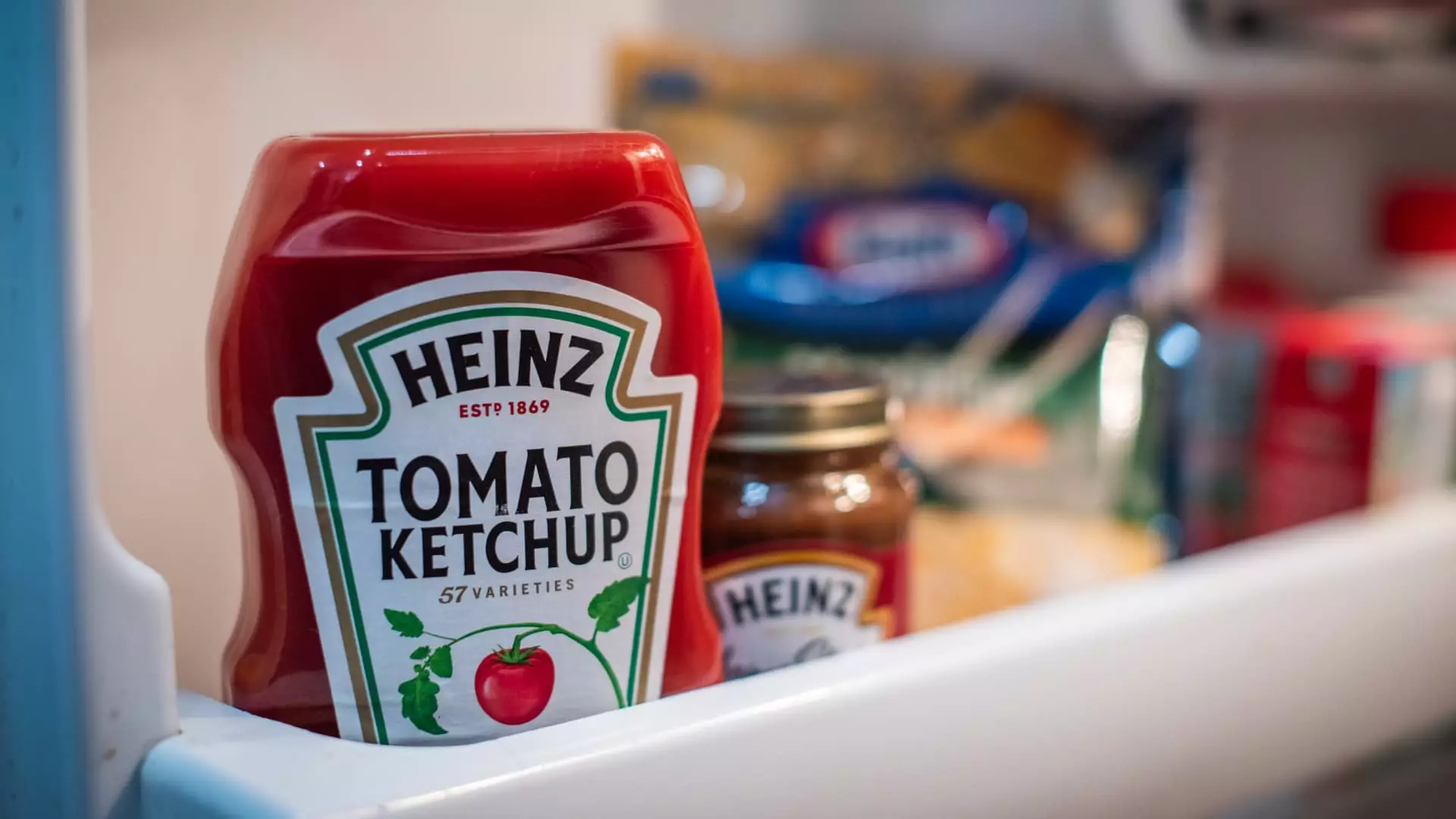Brazilian private equity firm 3G Capital has recently made headlines with the quiet sale of its 16.1% stake in Kraft Heinz in the fourth quarter, signaling the end of an era for the company. This move comes nearly nine years after orchestrating the high-profile merger of Kraft Foods and Heinz with Warren Buffett. However, 3G’s influence over Kraft Heinz has been diminishing over the years, with the number of board seats dwindling from three to none by July 2022.
In 2013, 3G Capital and Berkshire Hathaway teamed up to take Heinz private, setting the stage for the merger with Kraft Foods two years later. Initially, investors were pleased with the company’s earnings growth, thanks to 3G’s cost-cutting approach. However, challenges emerged as consumers shifted towards fresher food options and private-label brands gained popularity. This led to a failed takeover bid for Unilever and a disastrous quarter for Kraft Heinz in 2019, resulting in a sharp decline in the company’s stock value.
To address the company’s declining performance, 3G handpicked a new chief executive with a background at AB InBev and initiated a turnaround plan for Kraft Heinz. This involved increased marketing and advertising spending, as well as a shift in product strategy. Additionally, to combat private-label competition, the company sold off its cheese business and Planters nuts brand to focus on core products. Despite these efforts, 3G’s influence over Kraft Heinz continued to wane as key executives departed from the board in subsequent years.
3G’s decision to divest its stake in Kraft Heinz in 2023 marked the end of an era for the private equity firm’s relationship with the food giant. The departure of key board members, including founding partners, further solidified the end of 3G’s influence over Kraft Heinz. As the company moves forward under new leadership, the question remains about its ability to regain its competitive edge in the packaged food industry without the support of 3G Capital.
The sale of 3G Capital’s stake in Kraft Heinz signifies the end of a tumultuous relationship between the private equity firm and the food giant. While 3G’s cost-cutting strategies initially delivered financial results, changing consumer preferences and increased competition posed significant challenges for Kraft Heinz. The departure of 3G executives and the divestment of its stake in the company mark a new chapter for Kraft Heinz, as it seeks to redefine its position in the packaged food industry without its former partner’s guidance.

Leave a Reply